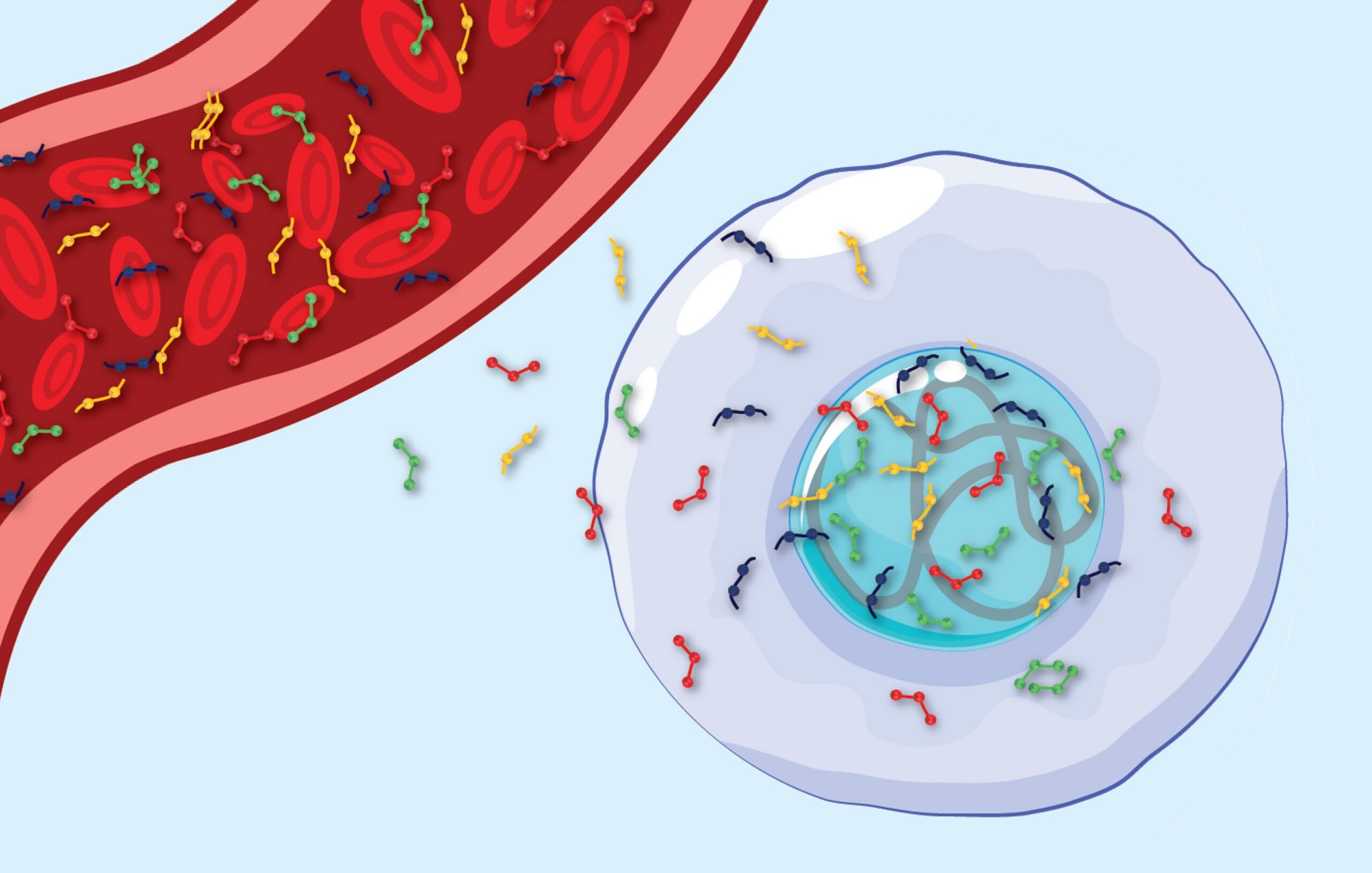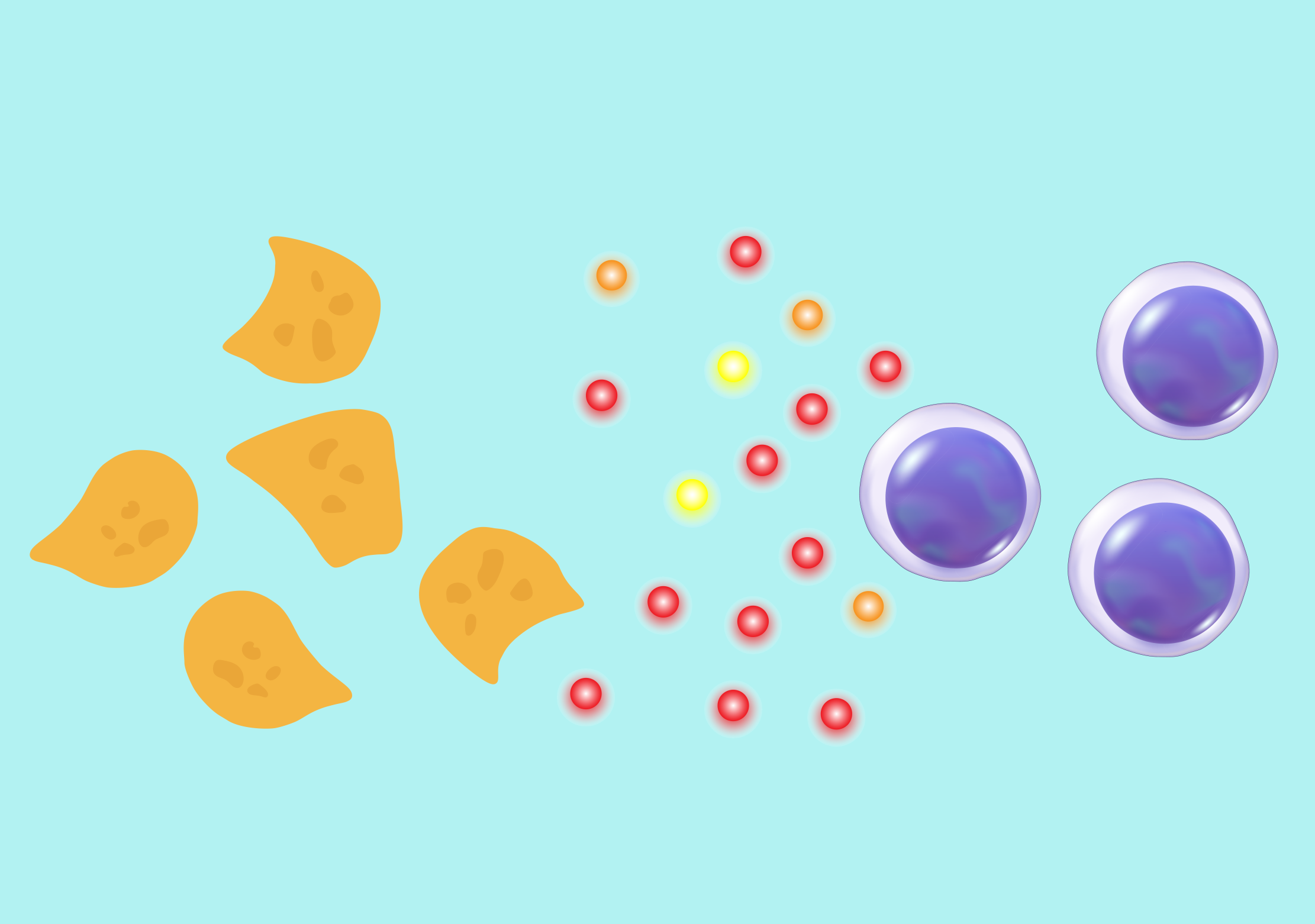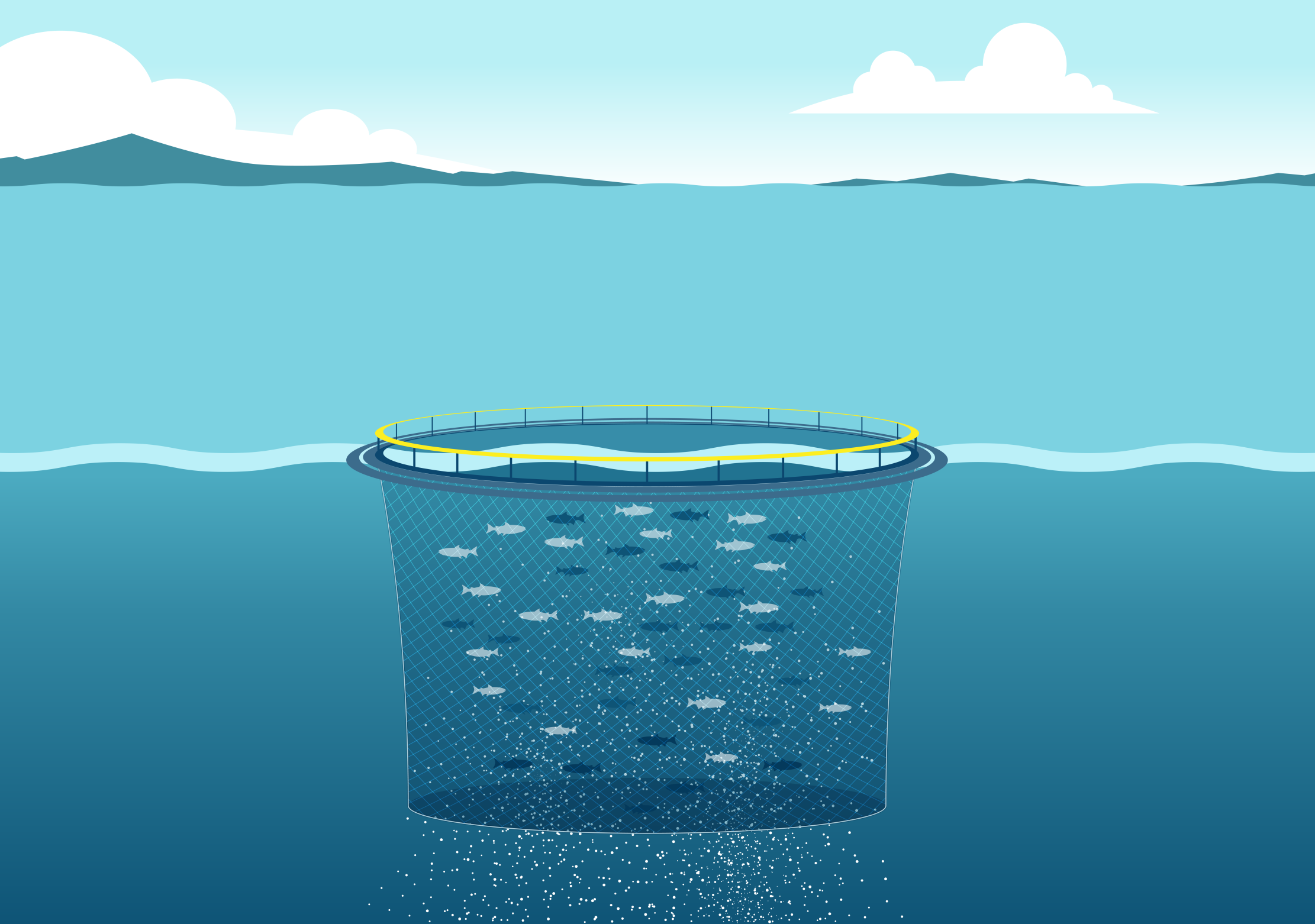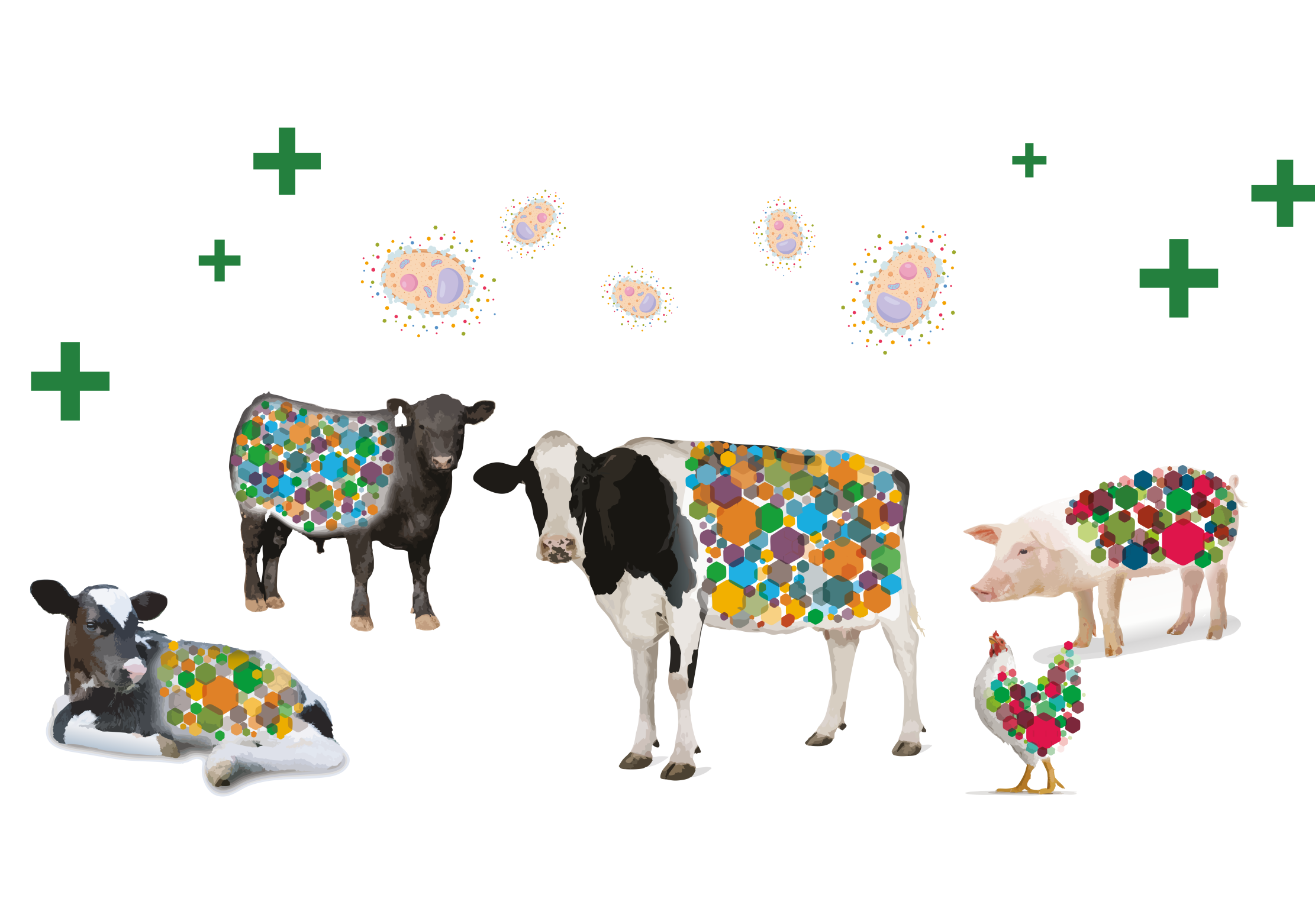Capitalism is the prevailing economic system around the world. Some hate it, some love it. Some see capitalists as exploiters, while others view them as saviours of the economy. Researcher Raphael Gloeckle takes a more nuanced viewpoint, and explains that capitalists can be divided into three categories: useful, useless and harmful. Read More
Capitalism is an economic system where private individuals or entities own and control property, making decisions based on their own interests. Prices are determined by supply and demand in free markets. Within this framework, a capitalist is a person who gives somebody else money in order to get more money back later. The goal of the capitalist is to redistribute money to him- or herself. As Raphael Gloeckle describes, there are different ways that capitalists achieve this:
Useful capitalists have positive effects for society or the real economy, as the capital flows into maintaining or enhancing the means and efficiency of production, distributing goods and maintaining or improving the division of labour. These useful capitalists help to maintain or increase production, while also accumulating wealth themselves.
Useless capitalists have nearly no effect on society or the real economy. Their capital simply flows into the capital game: A capitalist buys an object of value, such as a piece of art. They don’t look at it, they don’t enjoy it, but they buy it because they think the price will increase. When the price is high enough, they sell it to the next useless capitalist who acts in exactly the same way. This buying and selling without consuming or changing the object has no effect on the prosperity of society. The valuable object stays exactly the same; only the price changes. Useless capitalists simply sit and wait for a higher price.
Harmful capitalists have negative effects for society or the real economy. They benefit from harm caused to other people, society or the real economy. Such capitalists include big companies that buy smaller competitors just to reduce competition. They strengthen their position not by producing better products or by lowering prices, but by reducing the options available to customers. Other harmful capitalists buy vital medicine licences and then increase the price of life-saving drugs. People in need of these medicines have no alternative but to pay; and those who cannot pay, die.
Wealthy stock market speculators often profit by betting on falling share prices. By spreading negative news about a company, they can prompt shareholders to sell their stock, driving prices down further. As the company’s value declines, speculators gain, while the company faces financial strain.
So, are capitalists good or bad? In reality, most capitalists are part-useful, part-useless, and part-harmful. What kind of capitalist are you?







